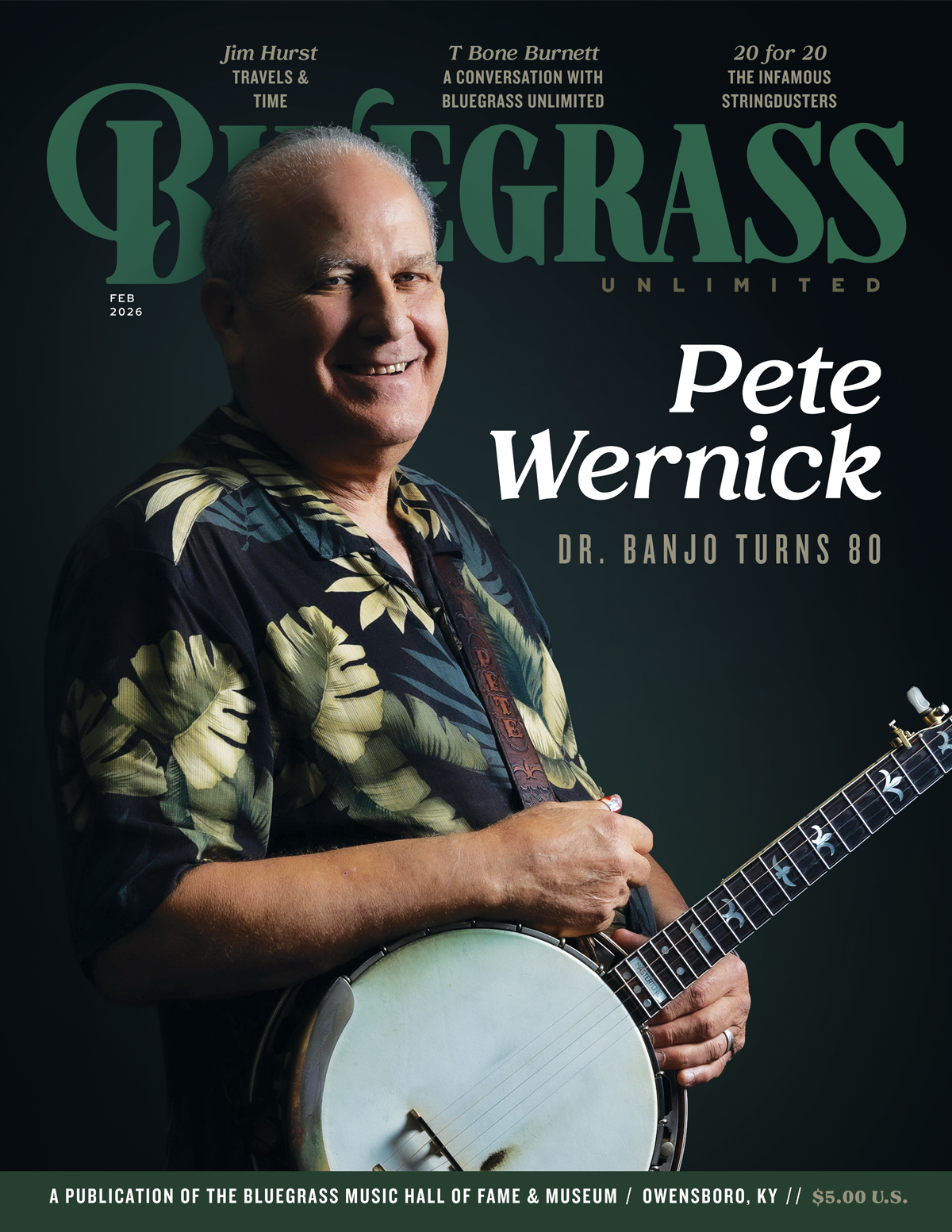THE CHUCK WAGON GANG, COMPLETE RECORDINGS, 1936-1955
THE CHUCK WAGON GANG
COMPLETE RECORDINGS, 1936-1955
Bear Family BCD 17348
Today’s Chuck Wagon Gang offers some of the best down-home, soul-stretching gospel singing there is, at least in the country/bluegrass universe. This year marks the eightieth anniversary of the original quartet’s 1935 debut on KFYO in Lubbock, Texas. In 1936, they moved to WBAP in Ft. Worth and became the CWG in alliance with a flour mill sponsor, and made their first records for a group of labels that would coalesce into Columbia Records by 1939. The Gang’s homespun shape-note style grew out of family music traditions that paralleled the songs and hymns of the Carter Family from southwest Virginia. David “Dad” Carter (no relation) was a Texas farmer and laborer who struggled to feed his wife and nine children through the bleak years of the Dust Bowl and Depression and seized the opportunity to put a family quartet on radio for the $12.50 a week that would extend their resources. Both parents had attended singing schools and coached their children in the rudiments of music. Three of them, Rose, Anna, and Jim, completed a quartet that required nothing more than Jim’s unobtrusive guitar accompaniments, though Dad would play mandolin on secular songs.
Their first 22 recorded titles were made in a San Antonio hotel during a marathon three-week recording expedition in 1936 that produced 300 master records of local and regional talent. The Gang contributed heart, cowboy, and nostalgia songs, but it was their special touch with hymns and gospel arrangements that set them apart. They turned to Stamps-Baxter, Albert E. Brumley, James D. Vaughan, and other publishers for new material that suited their unique style and eventually performed sacred music exclusively. The Chuck Wagon Gang was arguably the best white gospel quartet in the prewar era and a model for Bill Monroe, whose Blue Grass Boys recorded four-part gospel on their first session in 1940. He included several CWG anthems on his 1958 gospel LP, whose title track “I Saw The Light,” credited to Hank Williams, used the melody from Albert E. Brumley’s “He Set Me Free,” first recorded by the Gang in 1941.
Today’s CWG retains much of its original homespun style. It’s not far from bluegrass, though the distinctive arrangements and understated accompaniments keep the music in a category by itself. Rose, Anna, Dad, and Jim only recorded on four occasions before 1948, but their best records remained in demand and were aired frequently over the years on post-war country record shows. Their studio recordings through 1955 (when Dad retired) are on a new five-CD Bear Family boxed set. “Kneel At The Cross,” “I’ll Be No Stranger There,” “I’ve Found A Hiding Place,” “Getting Ready To Leave This World,” “A Beautiful Life,” and “Church In The Wildwood” are familiar to bluegrass fans, as are a few early secular titles, including “Put My Little Shoes Away,” “Take Me Back To Renfro Valley,” “The Engineer’s Child,” and “I’ll Be All Smiles Tonight.”
The sound restoration from sixty- to eighty-year-old masters is exceptionally good, and Bear Family has prepared a generously illustrated hardcover book with publicity and family photos, record labels, songbook covers, and other ephemera, all in excellent color. Essays by Marty Stuart, Shaye Smith, Harold Timmons, Bill Malone, and especially Eddie Stubbs provide history, appreciation, commentary, context and discography in depth and detail. Bear Family sets are today’s gold standard for country and bluegrass archival production, and this one is no exception. (Bear Family Records, P.O. Box 1154, D-27727, Hambergen, Germany, www.bearfamily.de.)RKS
